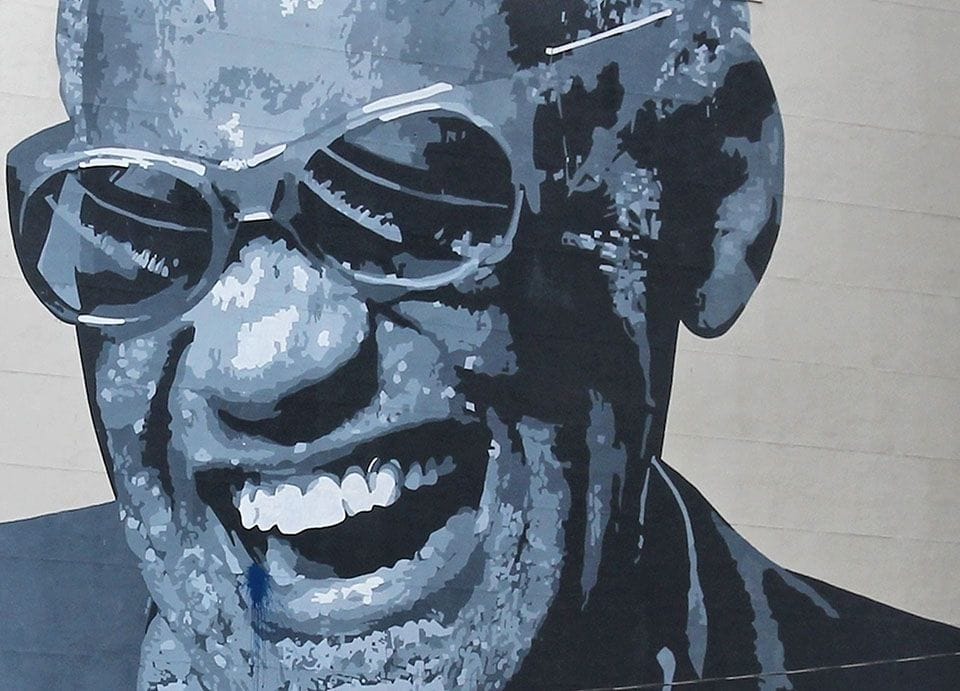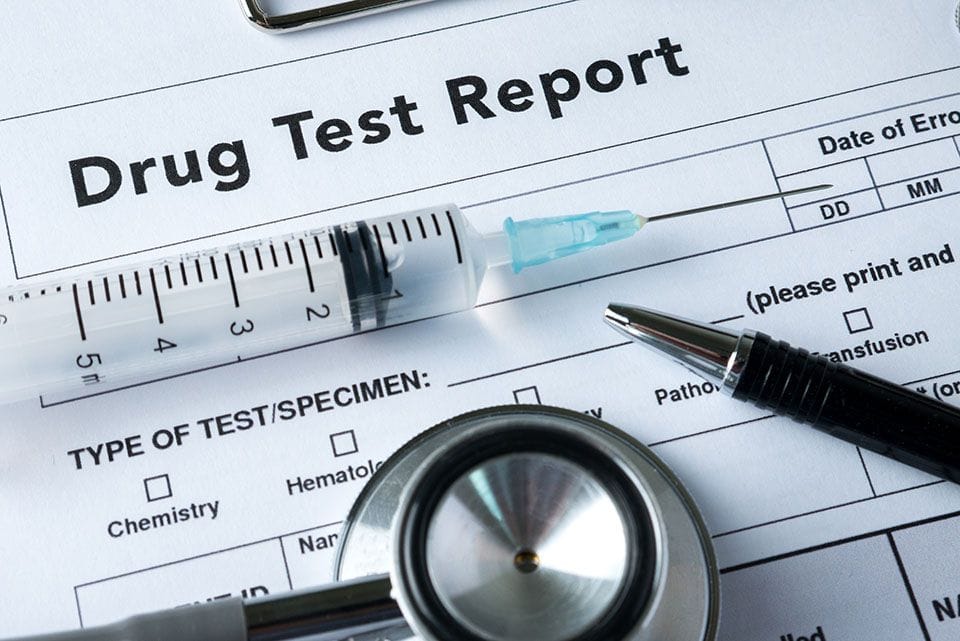Aggression and assault are both highly associated with alcohol consumption, in particular when the alcohol is consumed in heavy doses. Bar fights are sometimes the results of this association, with young men tussling after consuming too many beers. However, while many have considered bar fights to be a rite of passage for a young man or a reasonable result when too much alcohol has been consumed, a new study says that a young man’s history with his father has much to do with whether bar fights are a part of his life. A new study finds that the dynamic of the father-son relationship plays a significant role in how a young man handles himself when he has had too much to drink. Corresponding author for the study and associate professor of psychology at Deakin University, Geelong Waterfront Campus, Peter G. Miller explains that when alcohol is consumed, people tend to have a lot of difficulty dealing with aggression. Individuals tend to struggle to make good decisions and they have a poor interpretation of the social situation surrounding them. Experts who study male aggression related to alcohol consumption stress that the behaviors are not simply “boys being boys.” The behaviors, instead, reflect an extreme version of the desire to gain power by appearing masculine, particularly when challenged. The study’s results show that negative fathering, which encompasses relationships that include not only an abusive father situation, but also an absent father, focuses on strict adherence to expectations without open dialogue between the father and child. The study included 137 participants who were all students at Deakin University and between the ages of 18 and 25. The online questionnaire used for recruitment included various questions about the father-child relationship, in addition to questions about drinking behaviors. The questions sought to understand whether the quality of the father-son relationship could predict the likelihood of violence associated with heavy episodic drinking. The results of the analysis showed that fathering that was abusive was a predictor of male aggression in combination with heavy drinking. The authors believe that the findings may be very helpful for those in clinical settings, treating those who drink heavily and have a history of an abusive relationship with their father. The identification of a negative fathering experience may assist clinicians in identifying those at a high risk for involvement in an aggressive alcohol-related situation. In addition, the link between negative fathering and future aggression problems can be publicized at a population level to help fathers understand the impact that their style of parenting can have on a child as they grow into adulthood. The findings may also help individuals to understand the seemingly unreasonable behavior of a loved one who spins out of control when alcohol is introduced into the setting.
Call for Immediate Help:1.844.876.7680


